BIPOC
Eating disorders can impact the BIPOC (Black, Indigenous, and People of Color) community in a different way compared to the white community and is often affected by cultural, societal, and systemic factors. BIPOC individuals may face unique challenges such as racial discrimination, intergenerational trauma, and cultural pressures regarding body image and food. In addition, limited access to culturally sensitive mental health resources and stereotypes within healthcare systems can hinder diagnosis and treatment.
Our articles aim to address these issues and help educate people on how BIPOC communities may experience disparities in socioeconomic status and how it can lead to barriers in accessing quality care. Recognizing these intersections is crucial in addressing and supporting BIPOC individuals struggling with eating disorders, promoting inclusivity, understanding, and tailored interventions.

The racist history of fatphobia and weight stigma
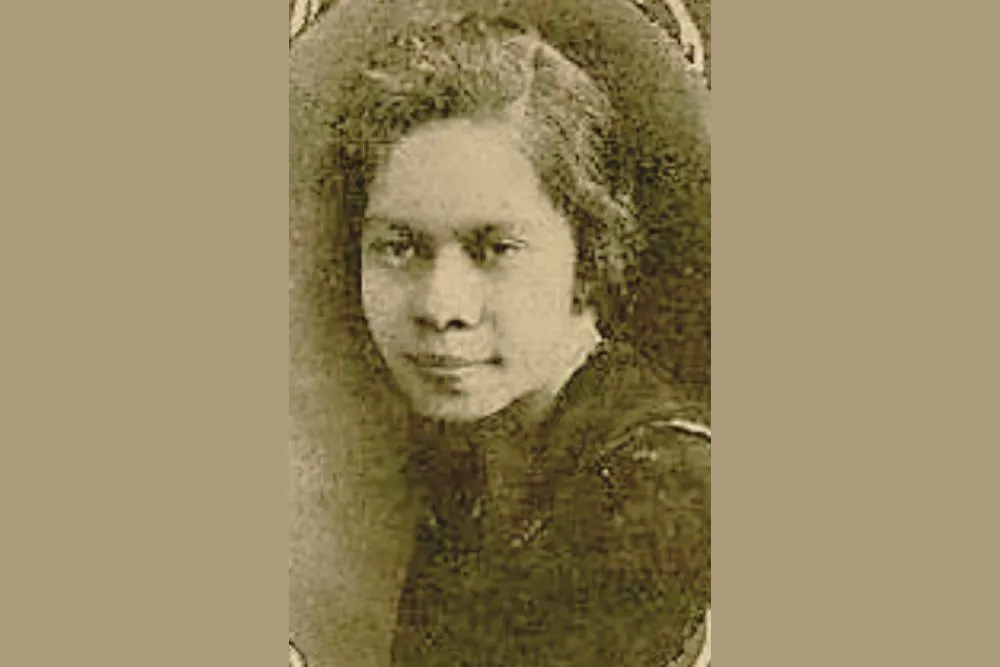
Black History Month spotlight: Dr. Ruth Winifred Howard—A pioneering figure in psychology

Black History Month spotlight: Dr. Rebecca Crumpler—An advocate for underserved populations
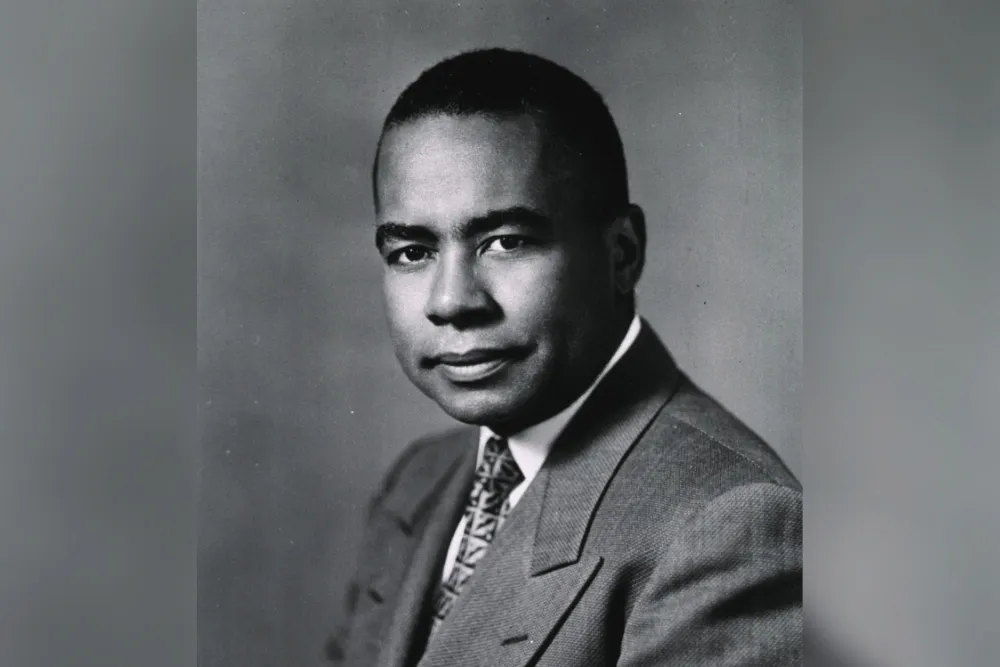
Black History Month spotlight: Paul Cornely—Keeping the Civil Rights Movement strong
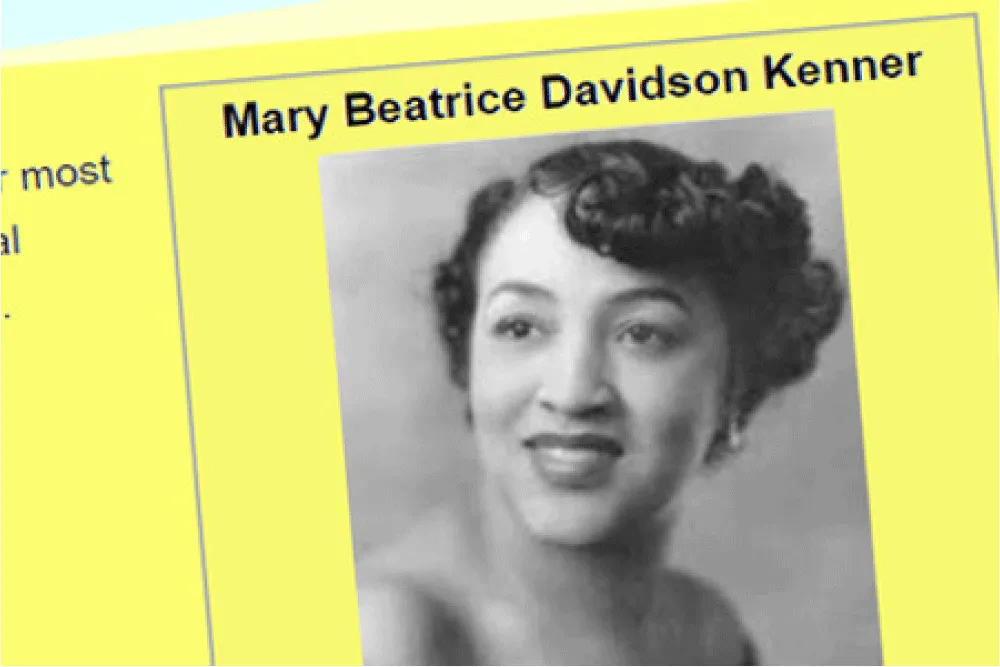
Black History Month spotlight: Mary Kenner—The unsung pioneer of women’s health
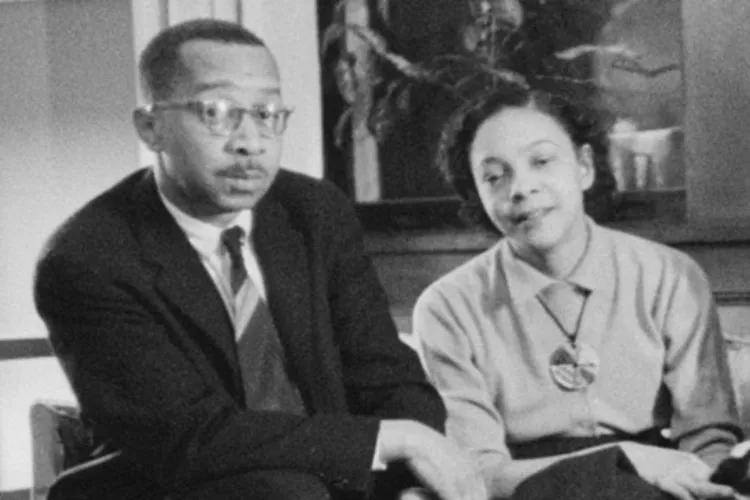
Black History Month spotlight: Mamie Phipps Clark—Redefining equality in a segregated world
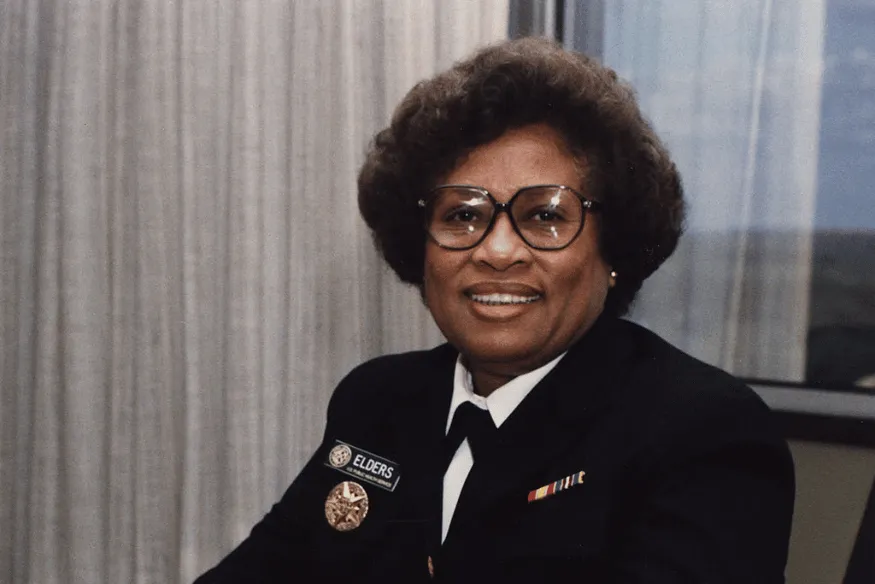
Black History Month spotlight: Joycelyn Elders—Building a stronger future for our children
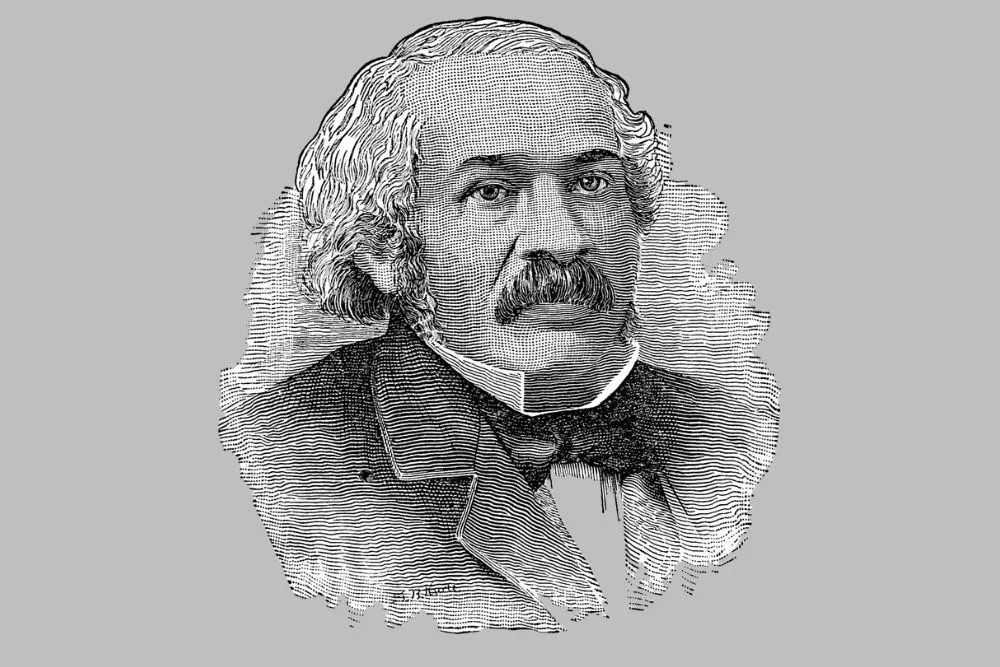
Black History Month spotlight: Dr. James McCune Smith—Pioneering African American physician and abolitionist

How to be anti-racist as an eating disorder therapist
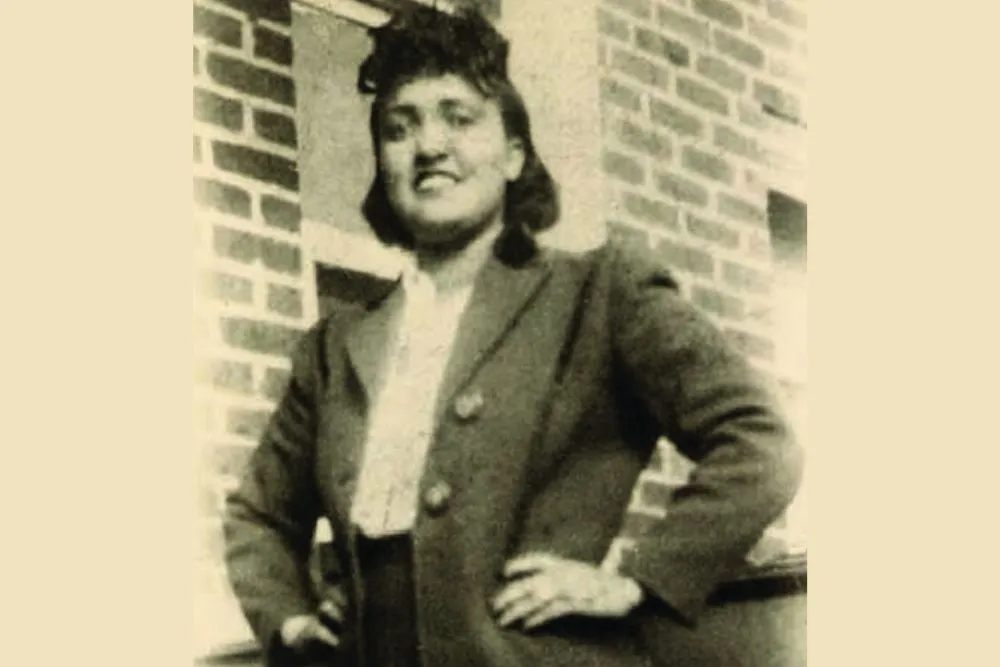
Black History Month spotlight: Henrietta Lacks—A legacy to medicine and social justice

Challenges in BIPOC eating disorders: Prevalence, bias, and treatment barriers

Eating disorders in Indigenous communities in the U.S.
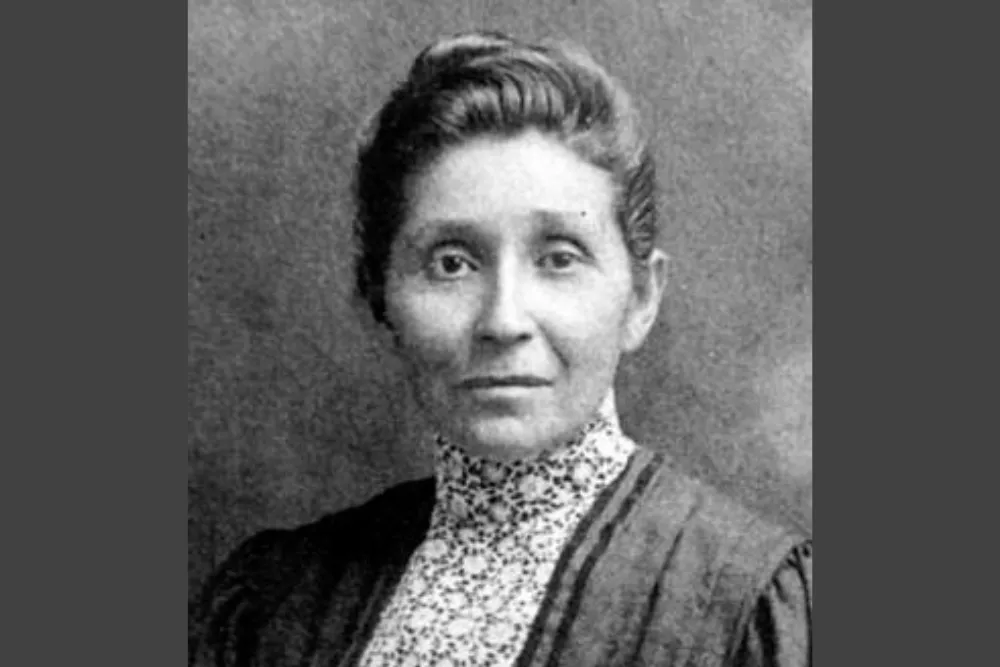
Dr. Susan La Flesche: The First Peoples’ first physician

